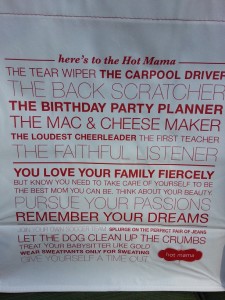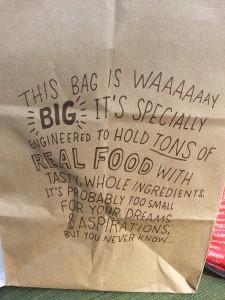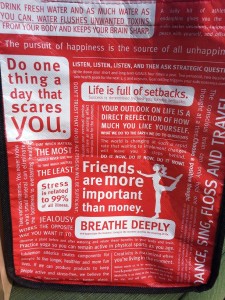
It’s one of the earliest concepts taught in youth sports: you give it your all – 100% of your effort – until the referee blows the whistle.
It’s not enough (and in fact it’s not smart) to simply follow the cues of those around you: if you haven’t heard the whistle, the play isn’t over. There’s still a shot at the score.
Depending on which side of the Chicago Bears / Green Bay Packers (American NFL Football) rivalry you fall on, you either love or hate this simple lesson this morning. A game is more than a single play, of course, but the Packers prevailed by only 5 points in the NFC north championship game in part due to a moment of awareness of one of the game’s most basic rules: it’s the whistle that signifies the end of a play.
Marginally-applicable sports analogies abound in business management philosophy, so why not this one: when in doubt, assume the ball is live. As the wound-licking Bears (and their fans, some of whom I am related to) know all too well this morning, it can be the difference between a berth in the playoffs and the end of the season.
I had a powerful real-life lesson in this during our busiest season this month: a multi-year client contract was scheduled to sunset. It might have been easy to give in to the temptation to “phone it in” on the last few weeks of the agreement: I’m a human and life is busy. I could have put my (limited) energy into upcoming (new) business rather than the final phase of a contract that was coming to an end.
But we’re “finish strong” people, even when it pushes our limits. The last days of the contract get superior service, too – equivalent to the first days. Because leaving with a strong impression is at least as important to coming in with one. Our opportunity for return engagements and for word-of-mouth referrals depend on it.
The whistle hadn’t blown. And in the final days of the project … much to all of our surprise, the client’s situation shifted dramatically. And our contract was not only renewed but expanded for the coming year(s).
Which it surely wouldn’t (and shouldn’t) have been if we had played lackadaisically in those last weeks.
Similarly, I have been to one too many retail stores this week where staff were barely “going through the motions” after an (understandably) exhausting Christmas season.
But the whistle hasn’t blown: shoppers are in the store, spending hard-earned money. These are sales needed to clean out the shelves and provide cashflow. From that perspective, they are critical (not to mention potentially the opportunity to convert shoppers for future visits or sell tie-in merchandise at full price.)
When the whistle blows signaling the end of 2013, will you be proud of your team’s efforts? Or will you be kicking yourself for a momentary lapse in judgement and dedication?
Until the play is completely dead, there’s always a chance: to retain the customer, to make a great impression, to renew the membership, to get the score.
But you’ve gotta play like you mean it. Play like the ball is alive. Like the game is on the line. Because in business, it almost always is.





